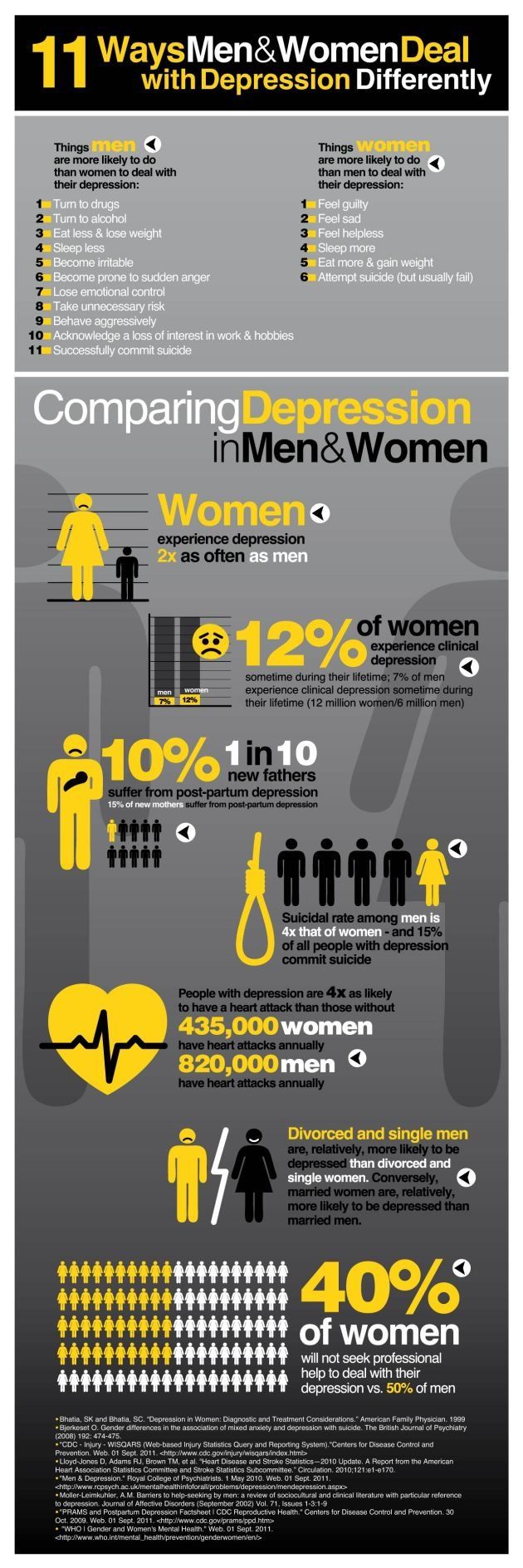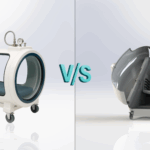Depression comes in many shapes and sizes. Some of us can live with mild depression without ever knowing it, whereas others may suffer severe depression which completely takes over their lives.
Each and every one of us will suffer from depression at one point or another, depending on what’s happening in your life. Depression in most people pass quite quickly and you are able to move on. People suffering from chronic depression on the other hand, is incapable of moving on and holds on to sadness and negative thoughts. Making it very difficult for them to carry on with day-to-day activities.
There are numerous different types of depression:
- Major depression – is quite severe effecting their sleep patterns, study, work, appetite and they are no longer enjoying activities they once enjoyed
- Dysthymia – is a mild chronic depression. A person suffering from dysthymia may suffer from symptoms for years but will not enable them from living life as major depression does.
- Psychotic depression – is when your depression has gotten to a point of hallucinations, delusions and withdrawing from reality.
- Postnatal depression – is when a mother suffers from severe depression right after the birth of her child. This does not go away and can carry on for quite some time. It is said that 10-15% of women suffer from postnatal depression.
- Seasonal affective disorder – this type of depression usually happens in the Northern hemisphere during the snowy winter months. Symptoms will go away during Spring and Summer time, but will reappear during Autumn and Winter.
- Bipolar disorder (manic-depressive illness) – people suffering from Bipolar disorder do not suffer depressive states for long periods of time but rather have extreme highs and extreme lows.
What are the symptoms of depression?
- Irritability
- Feeling sad, anxious and empty
- Feeling hopeless
- Feeling restless
- Lose interest in activities or hobbies they once enjoyed
- Lose interest in sex
- Extreme fatigue
- Sufferers find it difficult to remember small things, make decisions and to concentrate.
- Sleeping too little or too much. An average for an adult is between 6-8 hours.
- Eating patterns change quite often. First eating too much then too little.
- May suffer from digestive problems, cramps, headaches and pains. These symptoms does not go away when treated.
- Suicidal thoughts.
Suffering from depression is not an end to a normal life. There are numerous ways in dealing with depression. Finding out where your depression stems from is the most important thing. When you have discovered the source getting back to a normal life is a lot easier. Seek help, you are not a freak of nature, you just handle situations different than others.
Ozone therapy has shown to improve symptoms of depression and anxiety as it combats irritability, mood swings, exhaustion and nervousness. It also strengthens the immune system, increase oxygen levels in the blood, relieves stress and combats anxiety. An Ozone Therapy session, consists of a 30 minute session in and Ozone Steam Sauna. You can adjust the temperature to you preference not exceeding 42 Degrees Celsius. Going for these sessions 1-3 times per week will drastically improve your overall well being. Or you can own your own Ozone Sauna and get the benefits in the comfort of your own home.
Do you think you might be suffering from depression?







1 comment
Join the conversationMeditation & Combatting Mental Health Problems | Salvagente - September 6, 2018
[…] according to Professor Dan Stein from the Department of Psychiatry at the University of Cape Town. Mental health disorders can be deadly but due to a very unfortunate stigma attached to it, many patients refrain from getting the […]